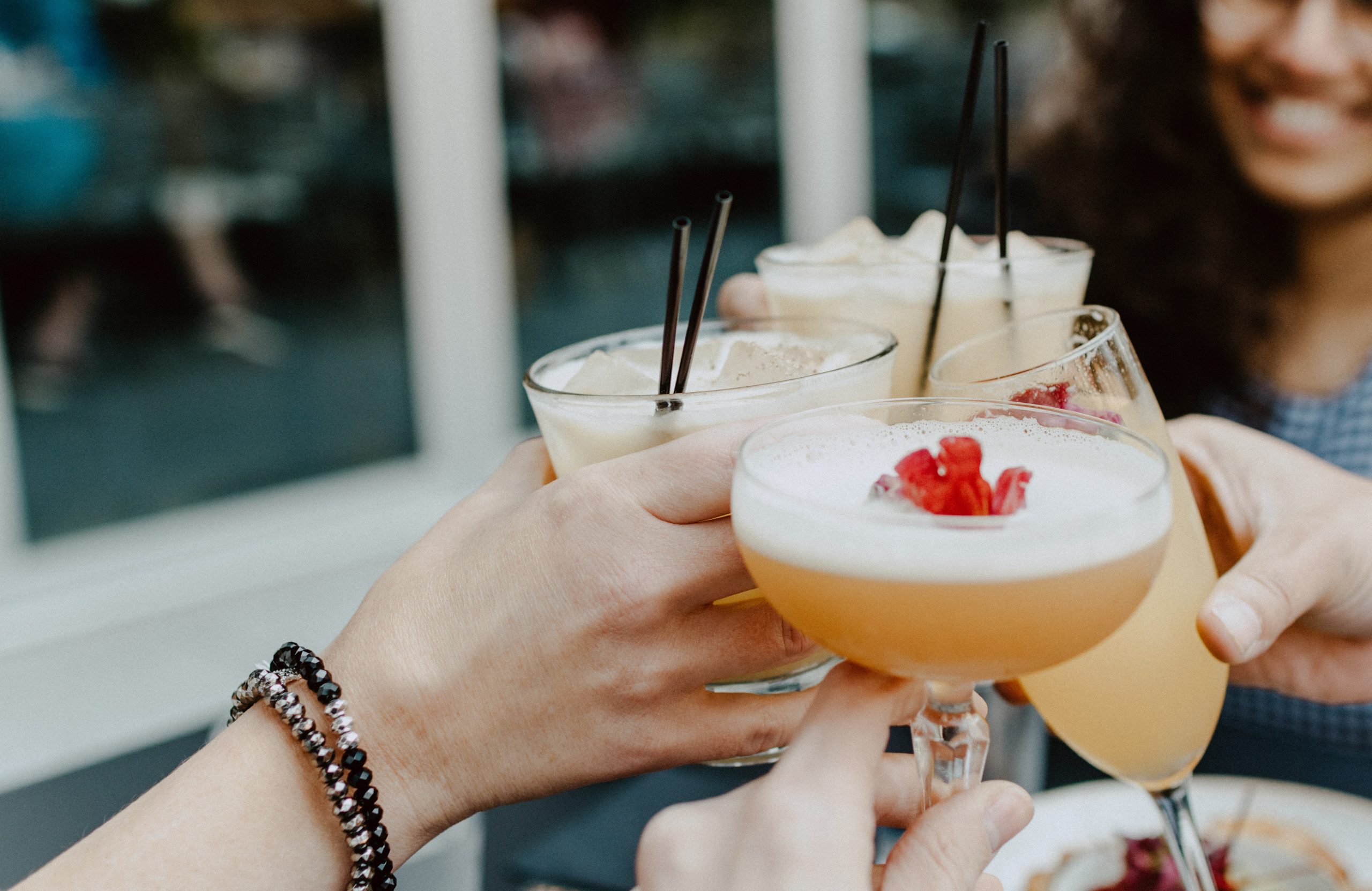A recent study from King’s College London revealed that nearly two-thirds of adults have experienced a decline in sleep quality since the start of the pandemic. It’s believed many of us are now living with a chronic sleep deficit. FRANK takes a look at some of the theories around sleep and recommends some of the best natural ways to drift off.
Disruption to our daily routines, blurred work-life boundaries and increased stress and anxiety are all negatively impacting our sleep, which in turn impacts our health. People whose daily sleep duration is inadequate or repeatedly disrupted see a decline in performance, working memory, cognitive speed and accuracy.
Poor sleep has negative effects on our physiology, including the metabolic, endocrine, and immune systems. According to the Journal of Gerontology, lack of sleep – and indeed sleeping too much – are associated with poor health, including cardiovascular disease, type 2 diabetes, memory and cognitive function. Similarly, sleep disturbances are associated with an increased risk of various chronic conditions, including depression.
“Inadequate sleep can take a toll on our psychological wellbeing, significantly affecting our emotional and psychosocial interpretation of events and exacerbating our stress levels,” explains Dr Adam Carey, nutritionist and leading commentator on sports nutrition and human performance.
“Sleep deprivation knocks us off our biological beat, negatively impacting our health and wellbeing.”
Sleep deprivation can lead to stress if we feel unable to perform our job or fulfil family responsibilities due to tiredness. Likewise, spikes in our stress hormones, adrenaline and cortisol, can make it hard for us to sleep. This can lead to a vicious cycle of exhaustion and insomnia.
Sleep and Gut Health
Compelling scientific research shows there is a crucial relationship between our gut and sleep, with chronic sleep debt adversely affecting the composition of our gut microbiome. Our circadian rhythm helps to regulate our sleep-wake cycle and our gut microbiome has its own daily rhythms that sit alongside this, with the two circadian clocks influencing one another. This cements the importance of achieving healthy sleeping habits to improve health across all aspects of our lives.
Whilst we can mostly deal with the odd sleepless night, chronic sleep debt can impact the health of our gut, especially the gut microbiota.
“Our gut is often referred to as our ‘second brain’ as it is in constant communication with both the brain and the central nervous system, helping to regulate many processes in the body including our sleep”, explains Nutritional Therapist and gut-health specialist, Eve Kalinik.
A key element of the gut-sleep connection is the influence of our gut microbiome on our mood and emotional wellbeing. This includes the relationship between sleep and mood disorders, such as stress, anxiety and depression as poor sleep can often trigger these symptoms.

Our circadian rhythm manages biochemical processes over 24 hours as well as helping to regulate our sleep-wake cycle. Our gut microbiome has its own daily rhythms that work harmoniously with our circadian rhythms, so one can alter and disturb the other.
In the morning the hormone melatonin lowers and cortisol kicks in to help us wake up. In the evening, cortisol naturally falls and melatonin kicks back in to encourage sleep. There are additional neurotransmitters and hormones involved in our sleep-wake cycle, including GABA, serotonin, ghrelin and leptin and these chemicals are produced in our gut, so it’s imperative we have a healthy gut, to produce a supply of these chemical messengers.
“A lack of sleep has been found to trigger increased levels of ghrelin, our hunger hormone, and decreased levels of leptin which is the hormone that tells us when we are full. This can therefore lead to skewed appetite responses and overeating, which may feed into a pattern of random timing of food intake.” Eve Kalinik
Do We Really Need Eight Hours Sleep?
It’s become a given that we need between seven and nine hours of sleep to be at our best. But not everyone believes that the key to better sleep is getting the requisite eight hours.
Tony Riddle, the author of Be More Human, argues that it is our unnatural way of living, with overheated homes and constant exposure to unnatural light, that is the culprit.
In Be More Human he quotes a study by the University of California in which a team studied three modern tribes, the Hadza hunter-gatherers in Tanzania, The San in Namibia and the Tsimané in Bolivia. On average they slept 5.7 to 7.1 hours per night, going to bed three hours after sunset and waking before dawn. Rather than sleeping through the night, all groups tended to doze, take turns to get up and tend to the fire or look after children. They only slept a bit more in the colder, darker months.
The groups did not experience insomnia or fatigue in the way we do, nor did they need the 3pm nap some of us take to counteract the mid-afternoon slump. The study’s researcher Jerome Siegal also concluded that whilst they mostly slept at night it is temperature fluctuations, rather than light cycles, that guided their sleeping hours.
“It’s better to have fewer hours of good quality sleep at night, uncompromised by the modern environment, than 8 hours of sleep with suppressed melatonin levels and tinkered-with room temperature.” Tony Riddle, Be More Human.
So rather than obsessing about getting our eight hours, the answer may lie in learning the ways of our hunter-gather ancestors, living more in tune with our circadian rhythm, making sure the temperature is lower in our bedrooms and waking earlier in the morning. This way we can help our body make the melatonin it needs and bring us back into balance.
Natural Sleep Aids
While not all of us can sleep under night skies, undisturbed by noise and light pollution, there are some wonderful natural ways to support our slumber. Features Editor Victoria Earle picks out some of the best natural ways to improve your shut-eye.
Best to help you drift off

Ilapothecary uses the power of botanicals and the energy of numerology to make wellbeing skin products that balance and heal.
Their award-winning SOS balm contains arnica to soothe tired or sore muscles and oils such as rose, chamomile, lavender and petitgrain to calm the nerves. Its number is 101, which is about ‘co-operation and restoration’.
Ilapothecary recommends using it all over the body but I found it too strongly scented for that. Instead, I rub a little into my temples and wrist at night and on smaller achy areas, such as the neck. It definitely helps me drift off.
Ilapothecary SOS Balm – £42 for a 100g pot
Best to aid a deeper sleep

Indi Rest is a new sleep dropper that describes itself as ‘one the most comprehensive sleep supporting products on the market’. It is designed to tackle both short-term and chronic insomnia and help you unwind and prepare for deep and restful sleep. It contains clinically proven sleep-inducing ingredients such as Ashwagandha to lower cortisol levels, 5-HTP, which supports the body’s ability to produce serotonin, which in turn converts to melatonin, L-theanine, an amino acid shown to reduce stress, anxiety and combat insomnia, and sleep supporting herbs Camomile and Valerian.
I’m not sure that it helped me get to sleep quicker but I noticed after a week that I was sleeping more deeply and waking more refreshed in the morning.
Indi Rest – £40 for a 30ml bottle (30 doses)
Best for Your Bath

Natural Scottish beauty brand Raven Botanicals has launched a trio of indulgent bathing oils to ‘nourish the body and soothe the soul’. Their Sleep bathing oil, Drift, is a soothing blend of Lavender, Bergamot and Neroli, reputed to ease stress and anxiety, and promote relaxation. The scent is subtle but I felt very relaxed after a soak and my skin felt moisturised but not oily.
Raven Botanicals Drift Bathing Oil – £36 for 100ml
Best for Your Gut

A happier gut lowers our stress levels, enabling us to sleep better. KÄLLA’s FOR REPAIR probiotic powder has been shown to limit the negative impact of chronic stress on the gut by lowering the inflammatory marker fractalkine, prominent in the blood vessels and cells that line the inside of the intestine and active in certain inflammatory diseases, such as obesity, irritable bowel disease and type 2 diabetes. FOR REPAIR contains the patented live bacterial strain L. Plantarum DSM 15312, clinically proven to survive the digestive tract and colonise the gut.
It’s easy to take as it is completely tasteless so you can sprinkle it into your smoothie or cereal without it ruining your breakfast.
I didn’t notice an overnight change but after a month I found I was having fewer stress-related tummy aches that used to keep me awake at night.
FOR REPAIR by KÄLLA – £49.99 for a 1-month supply of 30 sachets







